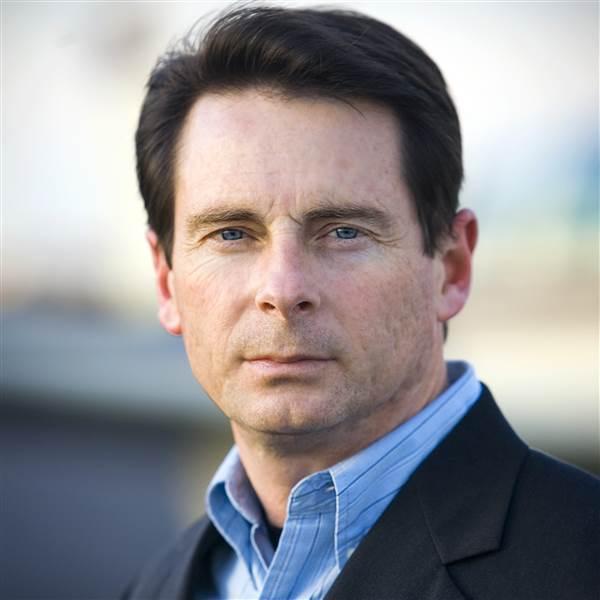Shuster backs down on last-minute ATC kerfuffle
AOPA members make a difference
Less than 24 hours after proposing an amendment that had shades of his previous effort to “privatize” air traffic control, Rep. Bill Shuster (R-Pa.) backed down on his plans thanks to an immediate outpouring of opposition by general aviation pilots. In response to calls by AOPA and other general aviation associations for action, pilots flooded the switchboard at the U.S. House of Representatives, telling their members of Congress to oppose Section 5 of Shuster’s “manager’s amendment” to H.R. 4, the bill to provide long-term funding to the FAA.
Shuster introduced the amendment late on April 23, just hours ahead of the planned vote on H.R. 4. The amendment included a plan to move management of the air traffic organization from the FAA to its parent entity, the U.S. Department of Transportation, which has no expertise in running such an operation. The amendment also called for the establishment of a 13-seat “advisory” board, the composition of which looked remarkedly like the one from Shuster’s bill for the so-called “privatization” of ATC. The chairman pulled that bill in February after two years of debate when he could not get enough votes to advance it in the House.
“Once again, the power of a large, active, and engaged membership base proved important in stopping this onerous proposal,” said AOPA President Mark Baker. “AOPA members responded immediately Tuesday afternoon to our calls for action and House members quickly knew that general aviation was not going to allow this to pass. As always, we are thankful for AOPA members who took immediate action to get this last-minute deal stopped in its tracks. You made this happen.
“Let’s get this reauthorization bill passed to guarantee stable funding for the FAA for the next five years and then let’s call a summit of air traffic control stakeholders to develop a plan to modernize the system in a transparent and productive way,” Baker continued. “We are anxious to work with the Administration, the airlines, and others to continue to advance our air traffic system, which is already the largest, safest, and most complex in the world. But we all know we can’t rest on our laurels. The system must continue to advance, and we support that.”




